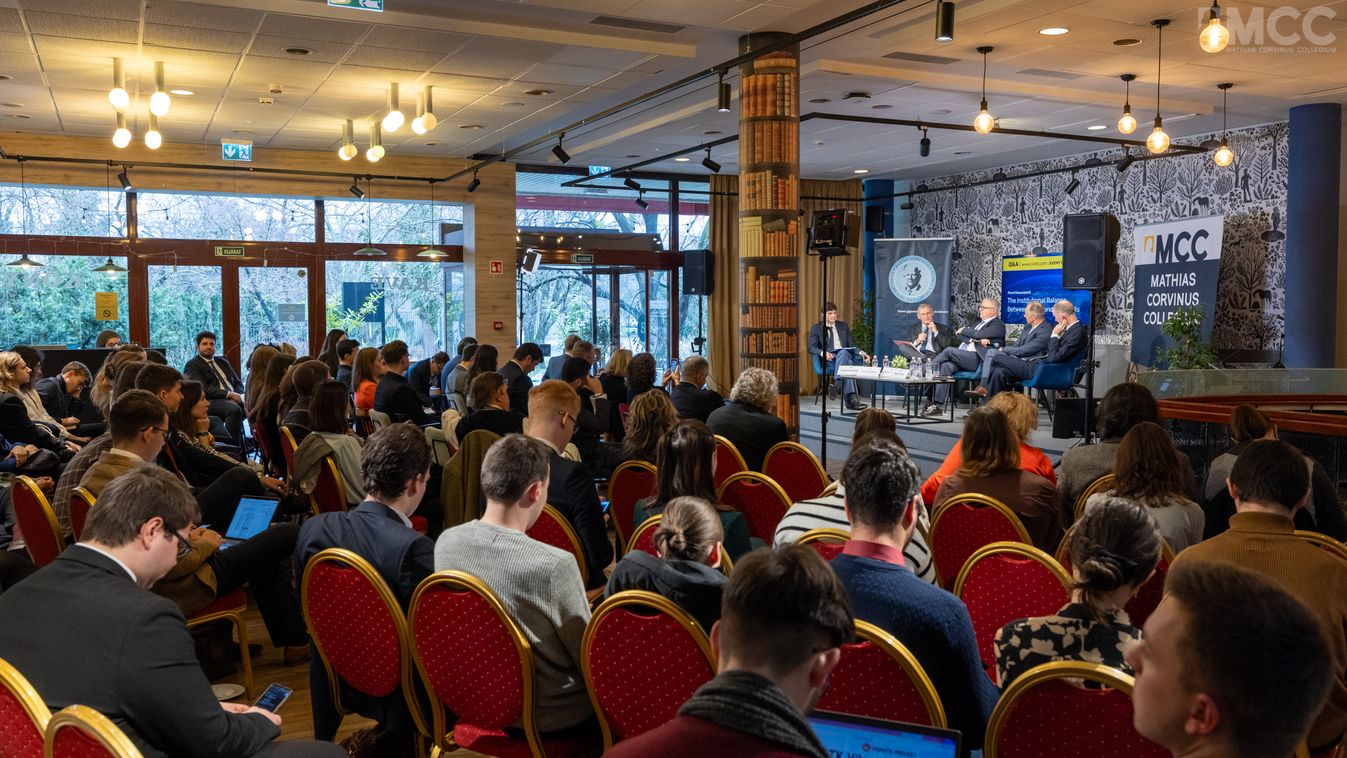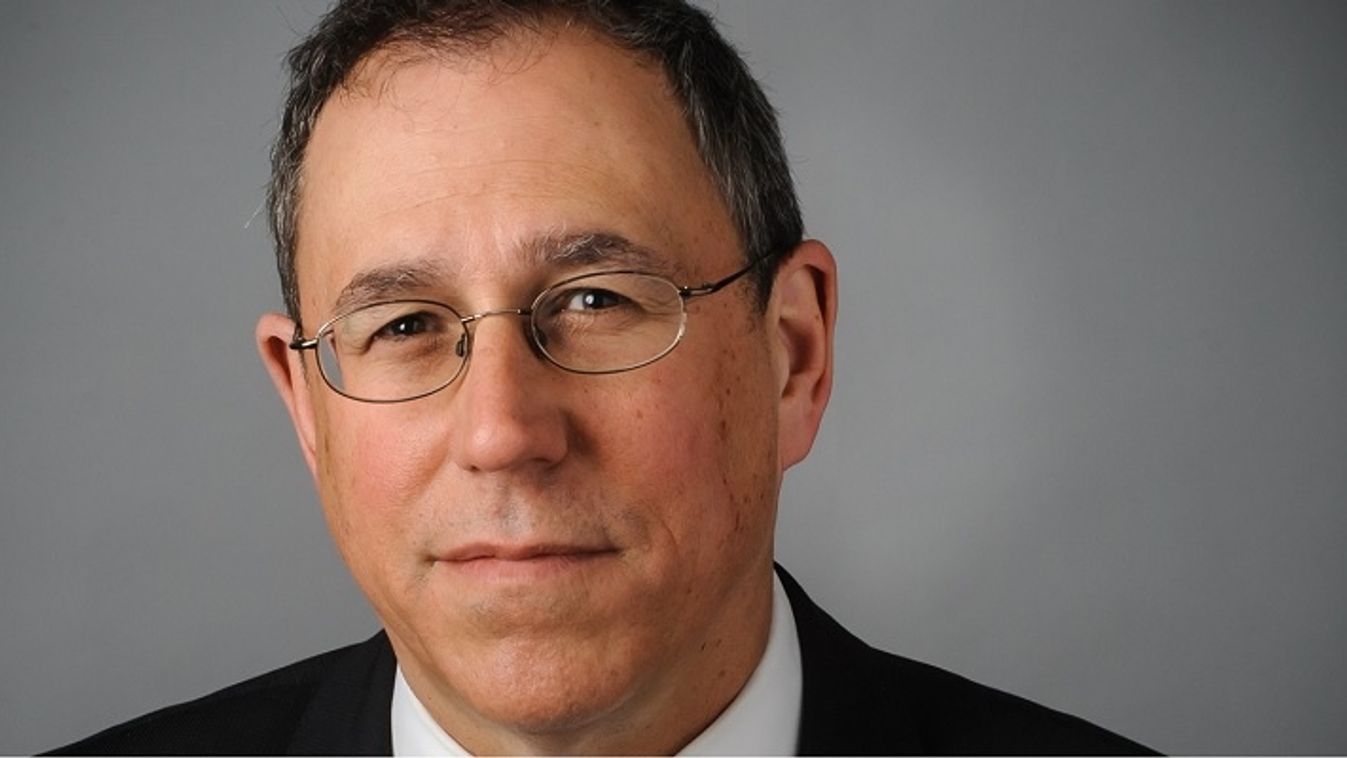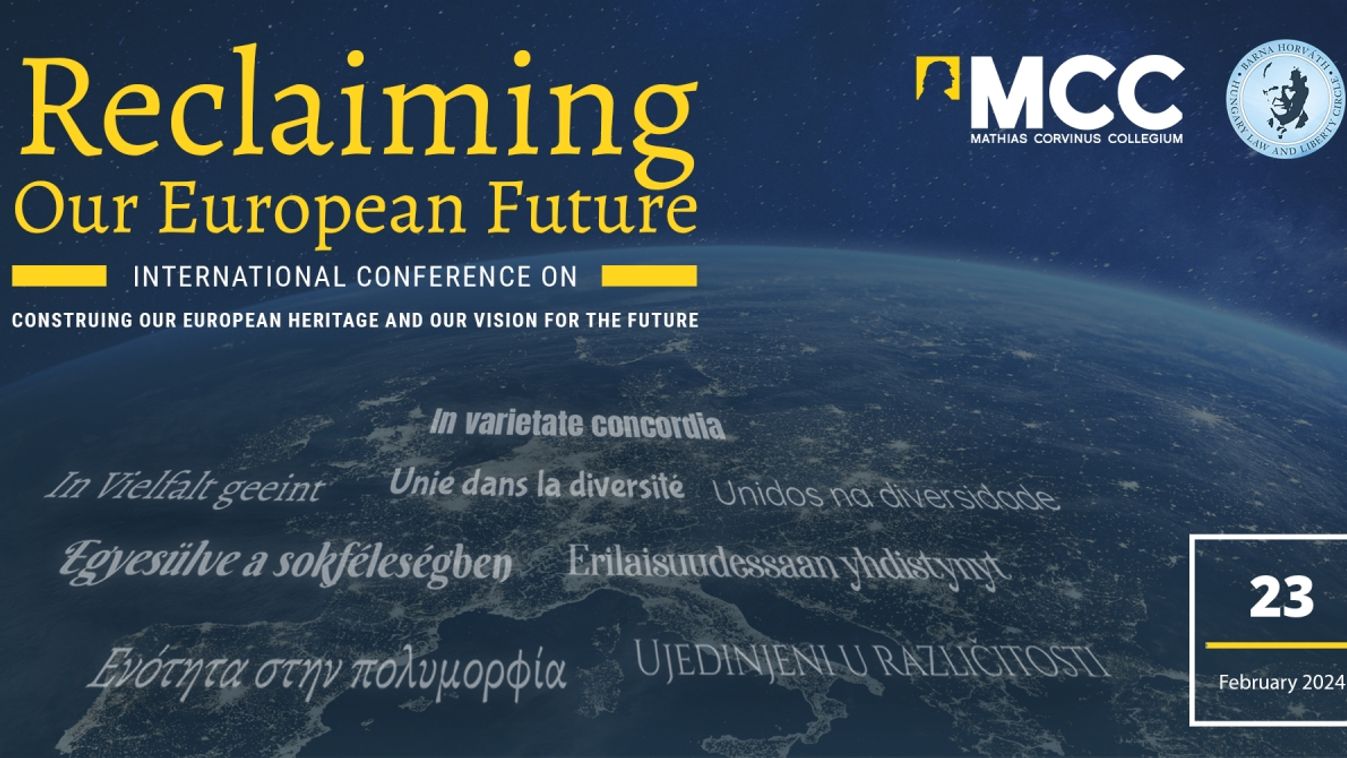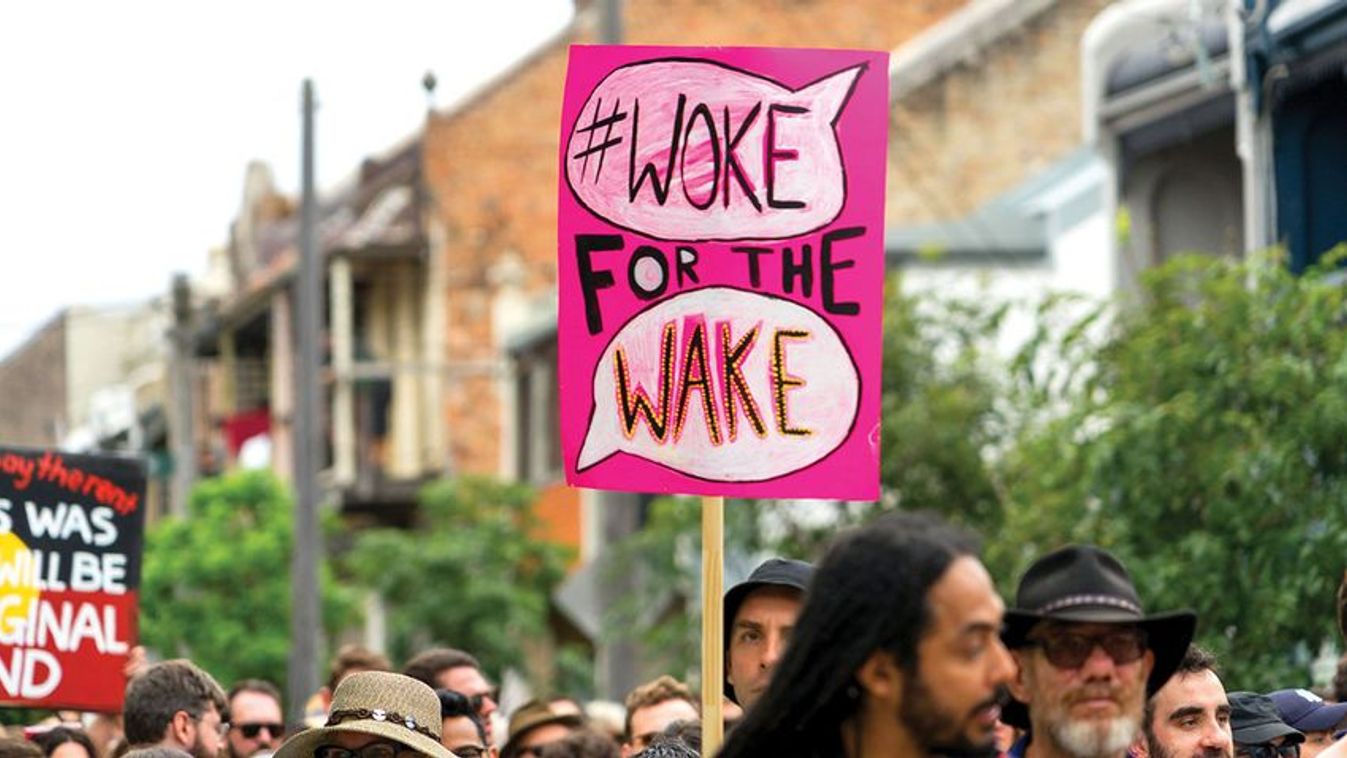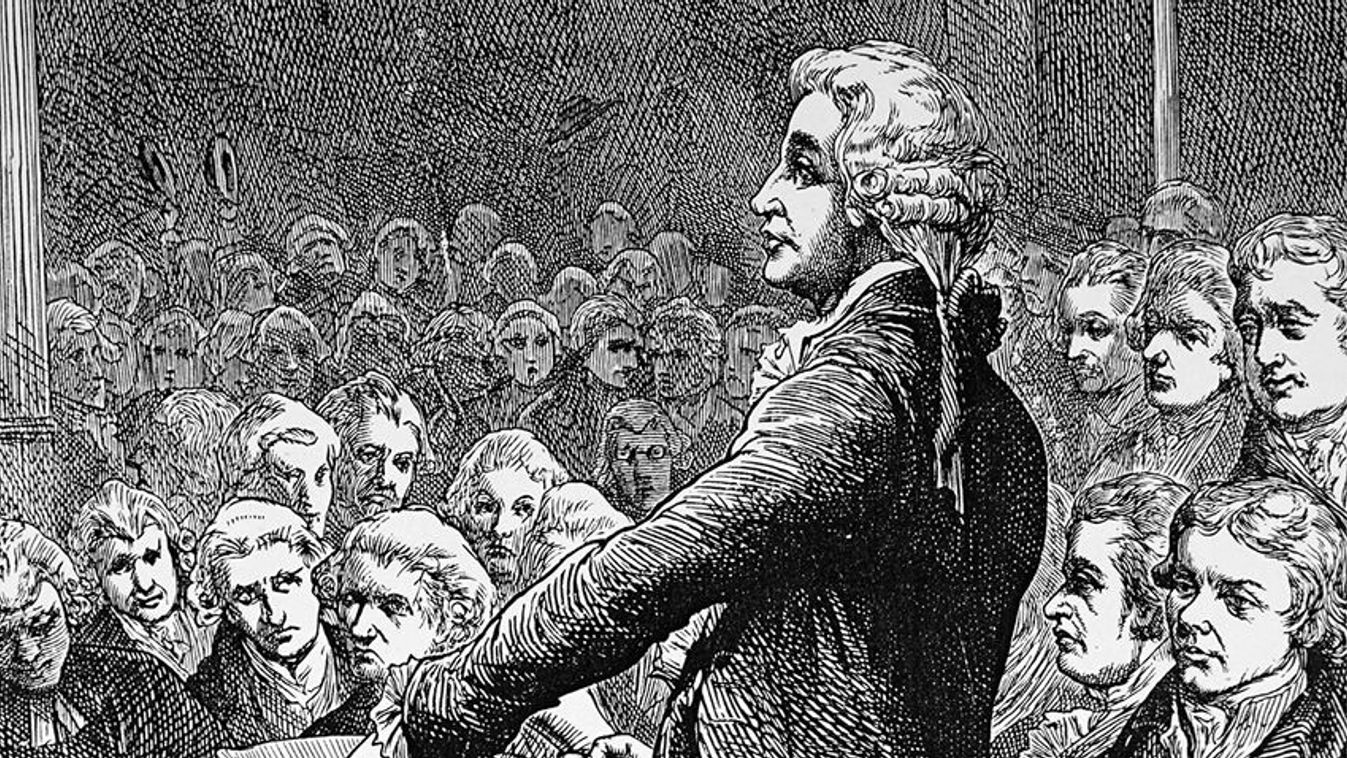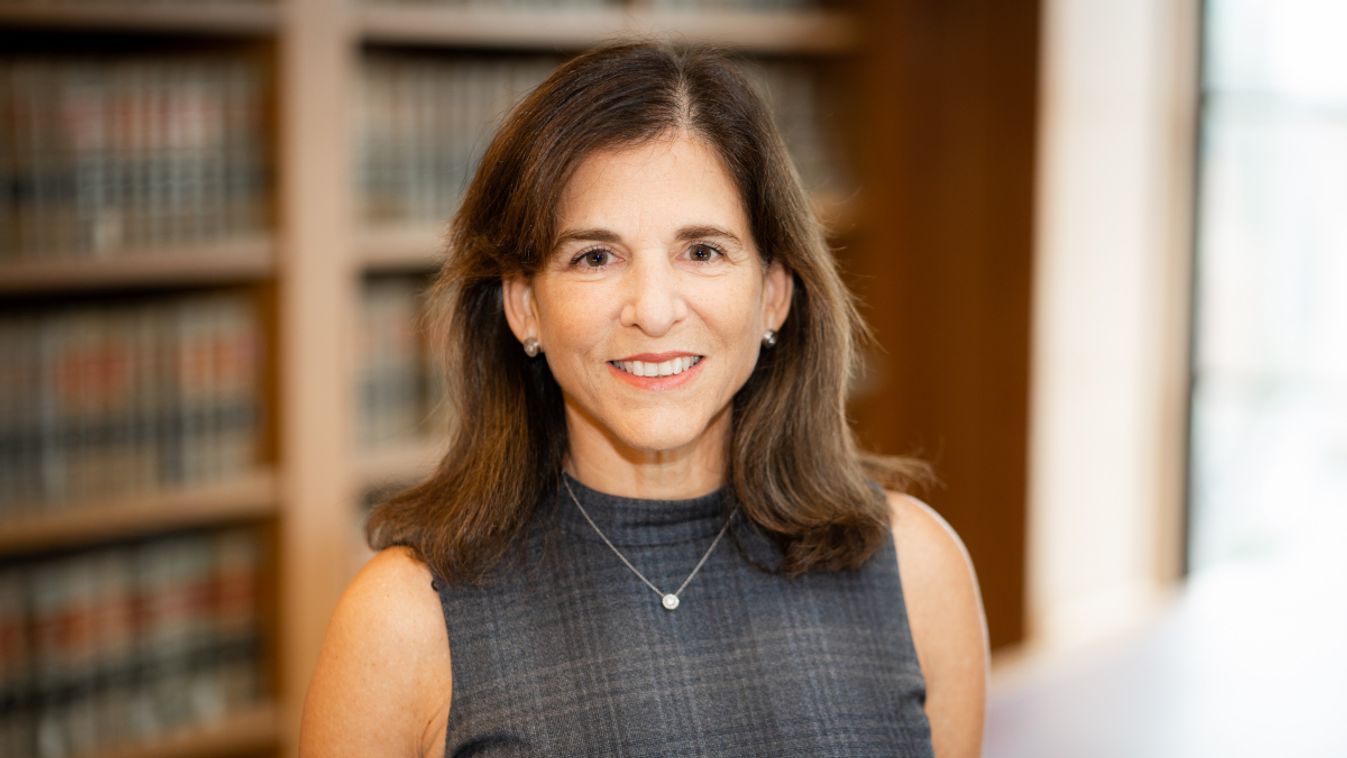Lénárd Sándor: You are the founder and director of the Open Markets Institute, a newly established American think tank that nevertheless has a long history. Can you shed some lights on the circumstances of its establishments and the major mission of your institution?
Barry Lynn: The main mission of our institution is to shine a light on the various dangers that are posed by extreme concentration of economic power. These dangers threaten both our economy as well as our political system, and they also touch on the stability of complex systems such as the international industrial and financial systems. I have been looking into this problem for nearly 20 years. My first book, End of the Line: The Rise and Coming Fall of the Global Corporation discusses how the concentration of economic power can lead to catastrophic crashes of industrial systems, while my second book focuses on the political and economic consequences of this concentration. For many years I was a fellow at a large Washington-based think tank, the New America Foundation, and while there I founded and launched a program called “Open Markets” in 2010. I managed to build a team of people to study these issues in more depth. In the summer of 2017 we put out a statement applauding the decision by Margrethe Vestager, the chief competition officer in Europe, to fine Google for antitrust violations.
Within two days, under pressure from Google, which provided some support to New America, my entire team was given two months to leave New America.
On September 1, 2017, we became an independent organization.
L. S.: How do you carry out your goals, how do you spread your voice? What channels are you using to achieve your mission? Are you engaged in litigation and in the court system, are you present in the media?
B. L.: We use all those approaches. However, our team is somewhat different from other organizations that engage in competition policy in the sense that the main tool we use is journalism. I myslelf used to be a business and political journalist and correspondant in South America, and also for seven years running a business magazine here in Washington. So our approach has been to do what journalists do, which is first to go out and gather the facts and try to figure out if there actually is a problem. We structure the facts to help communicate the nature of the problem and we add some historical analysis so people understand the source of the problem. Basically, we use common sense to make sense of the world. We figure out what the various threats are and what we can do to fix them. We recently also added two lawyers to our staff who engage directly with enforcement agencies and also write amicus briefs in important court cases. In addition, we also engage in campaigns, including the highly-successful “freedom from facebook” campaign. We also engage in academic debate with legal and economic scholars. This includes a number of Nobel Prize winning economists who have come to get a better understand of this issue of economic concentration.
L. S.: Speaking of economists, an increasing number of well recognized economic and legal scholars draw parallels between the “Gilded Age” of the late 19th century and today’s America in terms economic concentration and dominance of large corporations. You are author of a book, Cornered: The New Monopoly Capitalism and the Economics of Destruction that also looks into this dilemma. How do you see the effects of monopolization and concentration of economic power on the American politics and society?
B. L.: Yes, this is the core of the problem. The degree of economic concentration we face today is at least as bad as what we dealt in the United States in the “Guilded Age” 120 years ago. In key respects the dangers we face today are far greater. We are now dealing with entities such as Google, Facebook and Amazon that are able to track our movements and our secrets and thoughts on a moment-to-moment basis. They are also able to keep all that information and then use it to manipulate the information that flows to us and therefore manipulate our commercial lives and increasingly our political speech. The concentration of power in the hands of these three corporations poses the gravest threat to American democracy since the Civil War.
L. S.: What in your view is the origin of this problem and of this grave threat?
B. L.: The origins of the problem we face today lie in the radical change in the antimonopoly and antitrust philosophy that was accomplished in the United States, in Britain and in many other places around the world beginning in the late 1970s and early 1980s. This philosophy, sometimes called “neoliberalism,” “libertarianism,”or “Chicago School” economics, resulted in a revolutionary and radical change of how we understand competition policy. We used to have a philosophy of competition designed to distribute or harness power. Today we have a system designed to privatize the control of power and allow those private entities to concentrate power.
The “neoliberal” revolution changed the fundamental coding of our political economy from one corner of our society to the other.
Every sector of our political economy started to go in a radically different direction, towards privatization and concentration of power.
L. S.: Do you consider it as a danger to state sovereignty and sovereign political decision making not only in America but throughout the world?
B. L.: Yes, these three corporations have already captured real power in the United States and in many other nations, especially when it comes to the control over the public plaza and the public square where people come together to talk and debate. The capture of control over the public plaza by these corporations can be seen in Europe, in Africa, in South America, and around Asia. There are certain places where these three corporations don’t have such power, like North Korea or China. But those countries obviously have their own problems with regards to the control of information systems.
L. S.: There is an ever-growing talk about the notion of “deep state” in today’s political discourse in America and elsewhere in the world. Do you think that these business interests forge a sort of “deep state” or influence bureaucracy in order to shape public policy making?
B. L.: Well, the danger here is actually the take over of the State by these very large private corporations. Some people are afraid of attempts by the State to expoit the power of Google and Facebook to serve its interests. That is certainly something to fear. But what we are actually seeing here is the capture of control over the commercial activities of the public and over debates by the public. So the real threat we see today is more of a rise of what we can call a “private estate” empowered with tools that no previous private estate ever wielded. These corporations are not just business entities; they are also governance machines, and they are now wielding their mechanisms and systems to capture and control over the bureaucracy, the legislature, the press, and over every single institution that is in any way dependent on the services they control. The nature of the threat here is far graver than some sort of political putsch by the “deep state”.
L. S.: Some of the scholars are saying that the “digitization” of the media has led to a “democratization” of the media since everyone can become a publisher or editor of a media platform which in turn lead to more and more diverse opinions. What is your view on these opinions?
B. L.: There is no doubt that invention of the Internet created a variety of pathways for new people and new voices to get into the mix. I ran a paper-based magazine for many years. And I know very well that digitization itself has made it much easier for anybody to get involved in the debate. But it is important not to confuse the Internet, which is a revolutionary tool that has made life much better for hundreds of millions of people, with Google, Facebook, Amazon and a few other private corporations that have managed to capture control over large chunks of the activities that take place on the Internet.
Google and Amazon are corporations that have succeeded at monopolizing control over large portions of what used to be the open Internet.
So while the Internet itself is a revolutionary invention, these corporations, by capturing positions that allow them to mediate and manage our engagements on the Internet, pose a direct threat to democracy and to free speech.
L. S.: You identified some fundamental rights that are endangered by this phenomenon of “digitization”. How do you see the role of the courts along with the role of the Supreme Court in offering remedies to these new constitutional challenges? And what solutions do you and your institution envision for addressing these challenges?
B. L.: The courts can certainly help. There was recently a case called Apple v. Pepper decided by the Supreme Court. This antitrust case showed a surprising alliance had formed between Justice Brett Kavanaugh and four justices who are generally regarded to be liberal. If this is an indication where Justice Kavanaugh will be in the future in these types of cases, this could be a very interesting and promising period in the history of the Supreme Court. So the courts can absolutately help people deal with the problem. But this is a fight that has to take place in a thousand battlefields every day. This is a battle that people have to fight in their towns, in their states, in every single venue of the federal government, and internationally. We have to find every single ally out there and figure out ways to work with them. So there is no one institution more important than the others. There is no one piece of legislation that is more important than the others. As we move to restore the sovereignty of the people and our democracy itself we have to understand that we must always pursue a full spectrum revolution.
